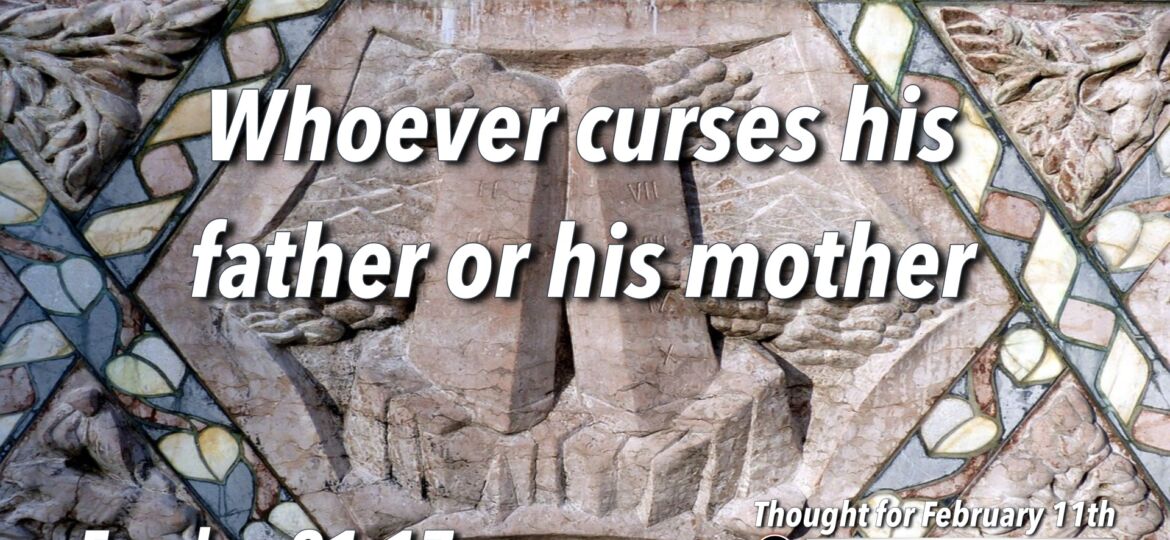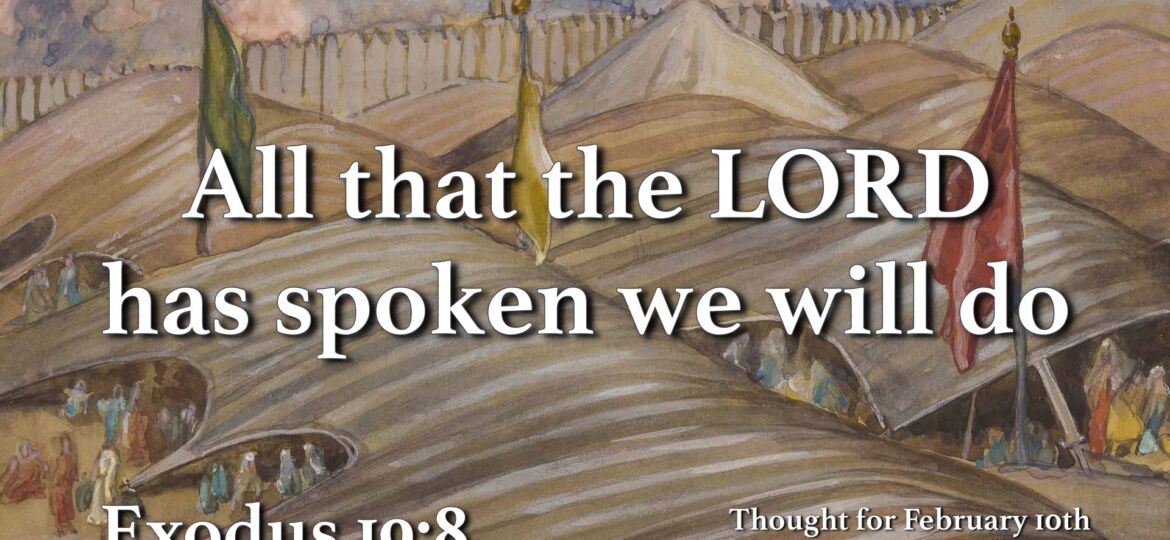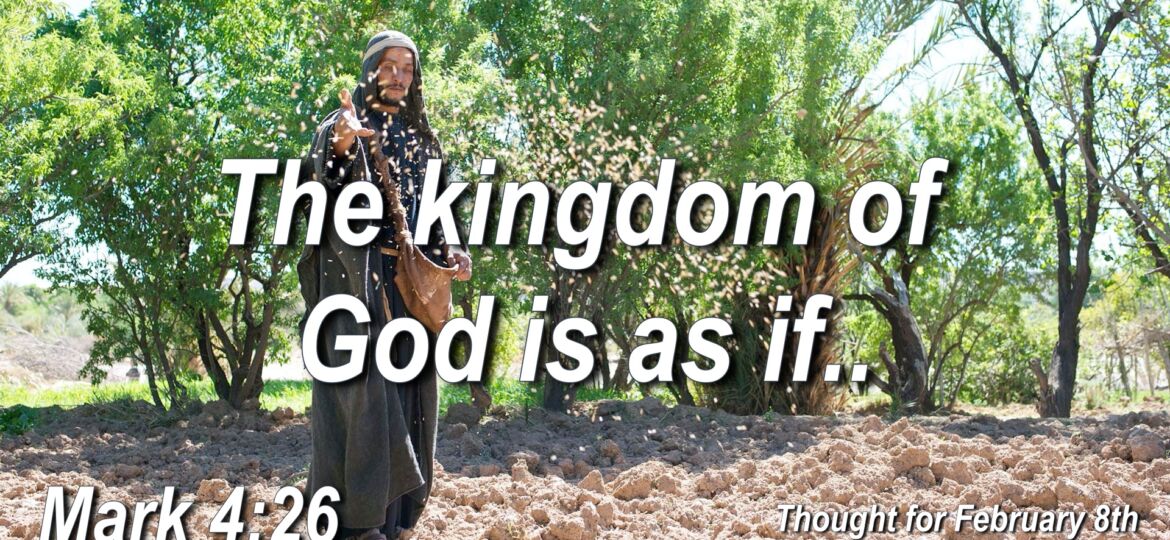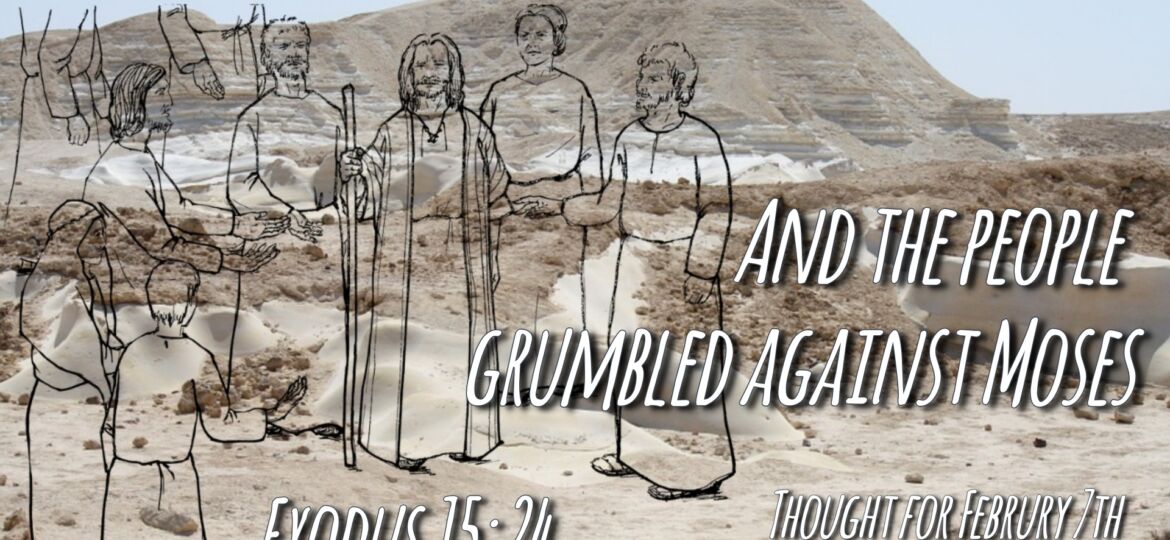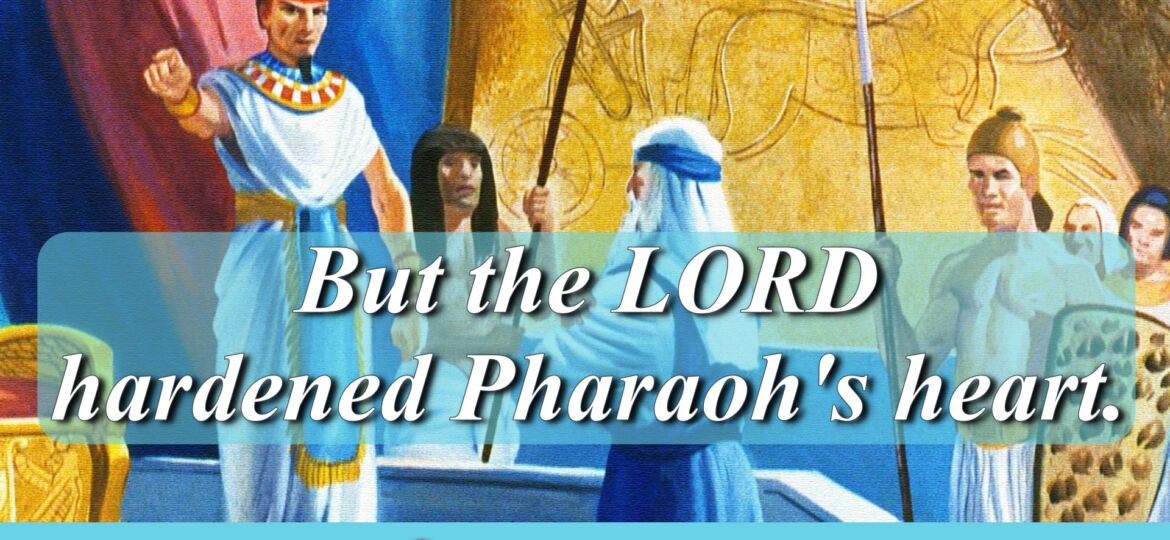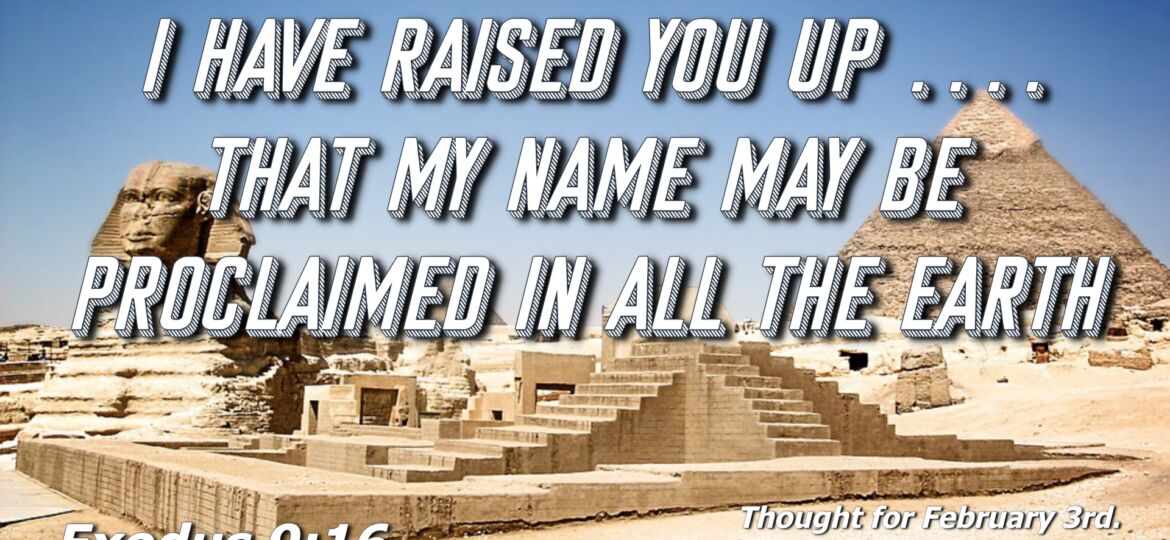Jesus began to teach his disciples, we read today in Mark ch. 8, “that the Son of Man must suffer many things and be rejected by the elders and the chief priests and scribes and be killed and after three days rise again.” [v.31] This statement was completely foreign to the expectations of the disciples: they were eagerly anticipating his exercise of power to take control and reign, this anticipation even caused two of them to ask if they could sit alongside him in the glory of his kingdom (Mark 10 v.37,38).
Their refusal, especial Peter’s, to accept his words about suffering and dying earned them the rebuke, “you are not setting your minds on the things of God.” It is sad that the same sort of thing happens today, but Jesus is not here to rebuke. Today, especially at funerals we hear it said that the deceased (many prefer the word ‘departed’), is now in heaven looking down on us. But the Scriptures say the opposite. “No one has ascended into heaven … except the Son of Man” [John 3 v.13]
What Jesus said to the thief on the cross is often quoted as a promise that the thief would be with him in paradise. This is true – but paradise is not in heaven! In his message to believers at Ephesus Jesus promised “the one who conquers I will grant to eat of the tree of life which is in the paradise of God.” [Rev. 2 v.7] The ‘tree of life’ was on earth and the whole earth will become a paradise when Jesus returns (Rev. 22 v.14).
Now the thief had requested Jesus to “remember me when you come in your kingdom” [Luke 23 v.42] And how does Jesus reply? Now the original Greek text has no punctuation, and those who set their minds on the detail of God’s word will clearly see that the Master’s answer needs to be punctuated this way, “Truly I say to you today, you will be with me in Paradise.” Those who set their minds on the whole message of scripture perceive the complete harmony of its meaning. Reading it every day is of the greatest help in doing this.
[embedyt] https://www.youtube.com/watch?v=xaLfE8sWTVw[/embedyt]


